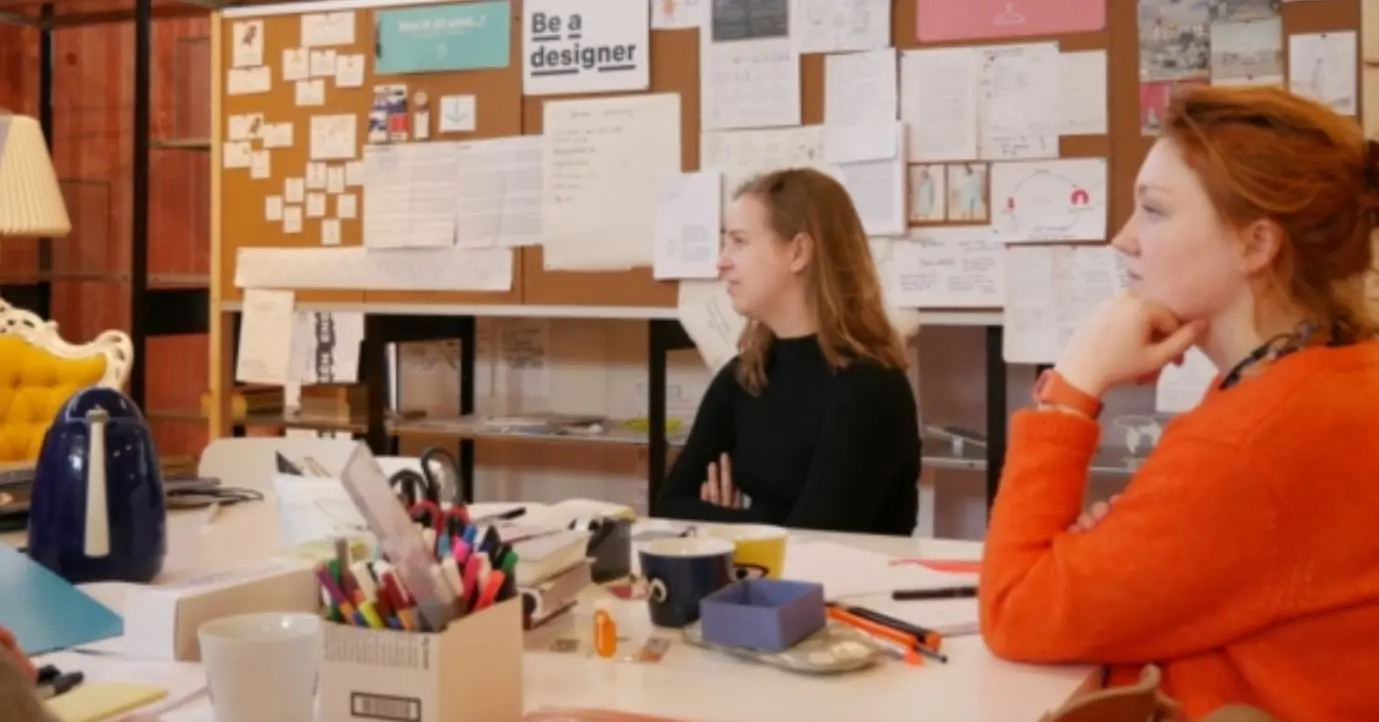Siscode. Co-design for society in innovation and science
Website's ProjectSiscode. Co-design for society in innovation and science
Website's Project
Public Engagement (PE) and Responsible Research and Innovation (RRI) have emerged, in the last decade, as the results of policies and initiatives demanding the early involvement of multiple actors, including the public, in science and innovation.
Nevertheless, the early engagement of actors is facing many challenges, and PE rarely goes beyond the stage of consultation. On the other hand, the integration of co-creation in European STI policy and programmes faces barriers such as: scarce understanding of co-creation among researchers and policy makers; “sectorialised” approach to STI policy making; lack of effective knowledge to cope with constraints that hamper the co-creation process.
The introduction of design methodologies and tools is emerging as a valuable approach to deal with these problems, as design has been already recognised as key to operationalise co-creation in different fields. Thanks to an iterative process centred on prototyping - co-design effectively support co-creation to move from the ideation of new solutions and policies to their implementation.
Given this framework, SISCODE aims:
- to understand co-creation as a bottom-up and design-driven phenomenon that is flourishing in Europe (in fab labs, living labs, social innovations, smart cities, communities and regions)
- to analyse favourable conditions that support its effective introduction, scalability and replication
- to use this knowledge to cross-fertilise RRI practices and policies.
To reach this aim SISCODE:
- ran a European study to compare co-creation ecosystems and describe effective dynamics and outcomes of the integration of society in science and innovation
- experimented with design as a new system of competences capable to support the development of implementable RRI and STI solutions and policies
- gained evidence on the transformations needed to embed co-creation in STI policy making, overcoming barriers and resistance to change and considering organisational transformation.